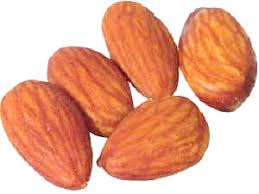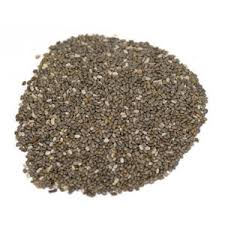Alkaline-forming foods vs. acid-forming foods. Your skin is always better when your body is in a Alkaline state!

As you may have already guessed, most of the foods that people eat today -- refined grains, pasteurized dairy, conventional meat, vegetable oils, artificial sweeteners, and processed sugars -- are acid-forming foods. Rather than contribute to the roughly 80 percent alkaline-forming, 20 percent acid-forming diet, which some experts in the field believe to be ideal, a diet composed primarily of these acid-forming foods inhibits nerve function and damages cells.
"All natural foods contain both acid and alkaline-forming elements," says the Conscious Living Center. "In some, acid-forming elements dominate; in others, alkaline-forming elements dominate. According to modern biochemistry, it is not the organic matter of foods that leave acid or alkaline residues in the body. The inorganic matter (sulfur, phosphorus, potassium, sodium, magnesium and calcium) determines the acidity or alkalinity of the body fluids."
 According to several different resources on acid and alkaline-forming foods, some of the best alkaline forming foods include:
According to several different resources on acid and alkaline-forming foods, some of the best alkaline forming foods include:• Cucumbers
• Chia seeds (Chia Seeds are loaded with all Omegas)
• Figs
• Sprouts
• Dates
• String beans
• Root vegetables (radishes, carrots, beets, turnips, rutabagas)
• Almonds
• Avocados
• Cruciferous vegetables (broccoli, cauliflower, cabbage)
• Fresh coconuts
• Raw, grass-fed milk
• Leafy greens (kale, spinach, Swiss chard, turnip greens)
• Raisins
• Lemons
• Cayenne pepper
• Wheatgrass
• Melons (watermelon, cantaloupe, honeydew)
These are just a few of the most alkaline foods available, and there are many more that you can see at the charts linked below this article. But this will give you an idea of the types of foods you should focus more heavily on incorporating into your diet, while decreasing consumption of acid-forming foods like alcohol, breads, feedlot-based meats, sugar, and coffee.










